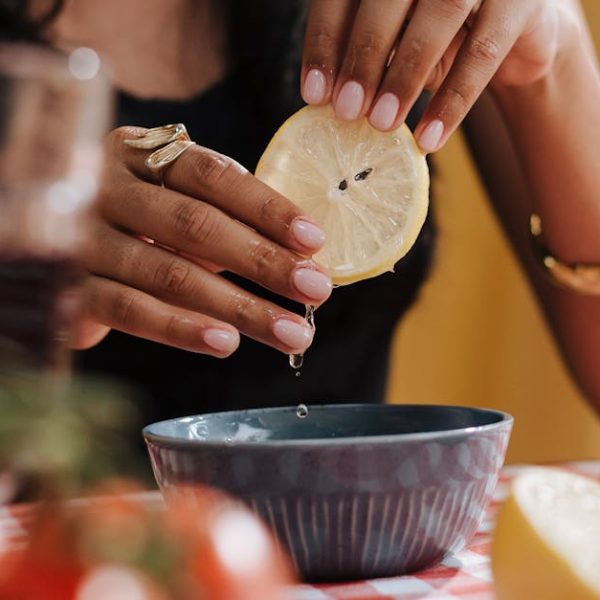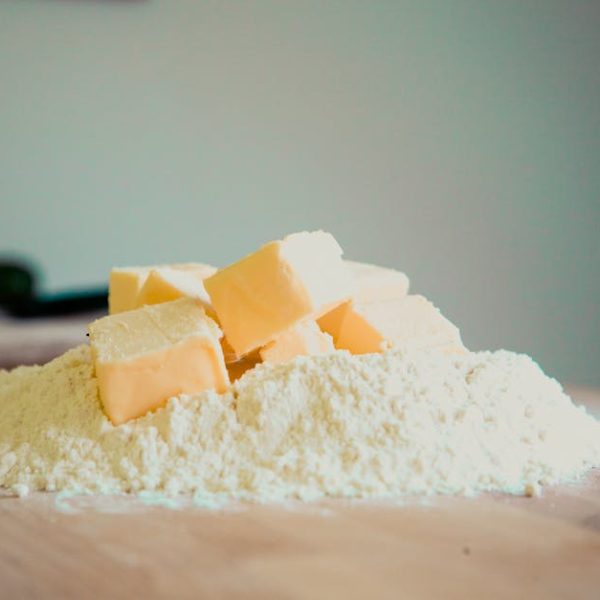Vinegar is a versatile substance used in various areas such as cooking, cleaning, and even gardening. Despite its multiple uses, one question that pops up quite often is: does vinegar spoil? Much to our delight, vinegar’s shelf life is relatively long-term and it’s rare for it to go bad under typical circumstances. However, there are some instances and factors which could potentially affect its quality over time.
Understanding Vinegar and Its Shelf Life
Vinegar is produced through the fermentation of ethanol by acetic acid bacteria. The process yields a liquid that is characteristically sour, and it’s this tangy taste that makes vinegar a staple in several cuisines around the world. From dressings to marinades, vinegar plays an integral role in enhancing flavors in various dishes. Moreover, it’s utilized as a cleaning agent and for preserving other food items.
As for the shelf life of vinegar, it’s generally long-lasting. Vinegar’s high acidity level makes it virtually impossible for bacteria and molds to grow in it. However, the shelf life varies slightly based on the type of vinegar. For instance, white vinegar, the preservative champion, can last indefinitely when stored properly. On the other hand, more complex vinegars like balsamic, rice wine, and apple cider vinegar, tend to have a recommended shelf life of about two years.
Pro Tip: Store your vinegar in a cool, dark place, preferably in a glass container, to maintain its quality and maximize shelf life.
Signs that Vinegar Might Have Gone Bad
While it’s rare for vinegar to spoil, it can undergo some changes over time, especially if it’s been stored improperly or has been opened for a long time. Some signs that your vinegar might have gone bad include a change in color, a foggy or cloudy appearance, sediment at the bottom, or a strong, unpleasant odor. These changes might also influence the taste of the vinegar, making it dull or overly acidic.
Comparison: Fresh vinegar should be clear and bright with a strong but pleasant acidic odor. If your vinegar has a murky appearance, a substantial amount of floating particles, or an off-smelling scent, it may not be in its best condition.
Pro Tip: Regardless of the expiration date, always give your bottle of vinegar a check before using it. Look for visible signs of change and always trust your nose – if it doesn’t smell right, it’s better to be safe than sorry!
Consequently, improper storage can significantly affect the quality of vinegar. In the next section, we’ll discuss the factors impacting its shelf life and useful ways to store it.
The Factors That Can Affect Vinegar’s Shelf Life
The shelf life of vinegar can be compromised by several factors including temperature, light exposure, and the storage vessel. As with most food products, vinegar is best stored in a cool, dark place away from direct sunlight. Exposure to heat can cause vinegar to lose its flavor and acidity over time and exposure to light can alter its color.
Perhaps the most significant factor is the type of vessel it’s stored in. ALWAYS store vinegar in glass containers as vinegar is a strong acid, which can react with metal or plastic containers.
List of Best Practices for Storing Vinegar:
- Store in a cool, dark place away from direct sunlight.
- Ensure vinegar is stored in a glass container.
- Always seal the lid tightly after use to prevent air from getting in.
- For flavored or infused vinegar, refrigeration after opening is recommended to maintain optimal taste.
Is It Safe to Consume Spoiled Vinegar?
Health and food safety should always be the top priority when it comes to consuming food products. Depending on the change in vinegar’s condition, it might no longer be safe or enjoyable to consume. Although consuming spoiled vinegar is less likely to cause serious health issues compared to other spoiled food items, it can lead to an upset stomach or food poisoning.
Best Practice: To ensure safety, immediately discard vinegar that shows significant physical changes or has an unusual odor.
| Pros | Cons |
|---|---|
| • Expired vinegar may still be used for cleaning or gardening purposes if it doesn’t show signs of spoilage. | • Consuming spoiled or expired vinegar could potentially lead to food poisoning or stomach discomfort. |
Vinegar’s Role in Food Preservation
Vinegar’s high acidity makes it a great tool for preserving other food items, commonly known as pickling. It is used to sterilize the jars, provide flavor, and prevent the growth of harmful microorganisms in pickled vegetables, fruits, and some types of meat.
The high acidity content of vinegar creates an environment where bacteria and microorganisms can’t grow, preventing the food from spoiling and extending its shelf life.
Checklist: The role of vinegar in food preservation:
- Sterilizing jars
- Enhancing flavors
- Preventing bacterial growth
Pro Tip: Vinegar can be a go-to solution for preserving certain food items – from cucumbers to beetroot. Using vinegar in your pickling process can help ensure preserved foods stay fresh and safe to consume for longer periods.
To round up, while vinegar has a notably lengthy shelf life, it’s always important to store it properly and inspect it before use. With the correct storage methods and a keen eye (or nose), you can ensure your vinegar stays fresh and ready for your next culinary adventure or cleaning task.
Key Takeaway:
- Vinegar is a valuable substance with multiple uses in cooking, cleaning, and preservation due to its high acidity level which deters bacterial growth.
- Vinegar has a long shelf life, but this can vary based on the type and storage conditions. Store it in a cool, dark place in a glass container to maximize its shelf life.
- Signs of spoiled vinegar include a change in color, a murky appearance, sediment, or a strong, unpleasant odor. Lack of proper storage can contribute to these changes.
- Vinegar can go bad and consumption of spoiled vinegar can lead to an upset stomach or food poisoning. Always discard vinegar that shows significant physical changes or has an unusual odor.
- Vinegar plays a key role in food preservation, enhancing flavors and preventing bacterial growth, thus extending the shelf life of certain food items.
Rest assured, by understanding proper storage practices and signs of spoilage, you can confidently keep and use vinegar to its full potential and limit any unnecessary wastage. A little vigilance goes a long way when it comes to ensuring the freshness and quality of your vinegar.
FAQs
Q: Can vinegar lose its acidity over time?
A: Yes, vinegar can lose its acidity over time especially when exposed to heat. This can affect its flavor and preserving qualities, so always store it in a cool, dark place.
Q: Does vinegar need to be refrigerated after opening?
A: No, vinegar does not need to be refrigerated after opening. But, for flavored or infused vinegar, refrigeration can help maintain optimal taste.
Q: Can I still use vinegar for cleaning if it has spoiled?
A: Yes, if vinegar has spoiled or passed its best-by date but not exhibiting signs of spoilage, you can still use it for cleaning or gardening purposes.
Q: Can vinegar kill harmful bacteria in food?
A: Yes, due to its high acidity, vinegar can kill certain types of harmful bacteria, which makes it an excellent preservative.
Q: Can all types of vinegar be used for food preservation?
A: Most vinegar, especially white vinegar and apple cider vinegar, are commonly used for food preservation. However, each vinegar may impart its own flavor, so choose according to your preference.
Feel free to share this article with others who might benefit from these vinegar handling tips and continue exploring more posts on our website for other useful insights.






